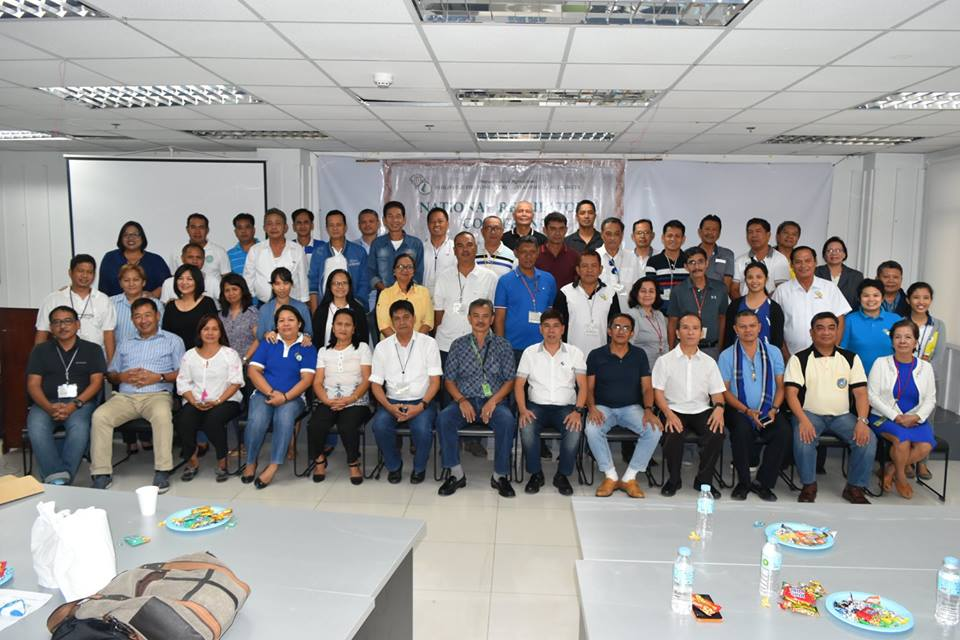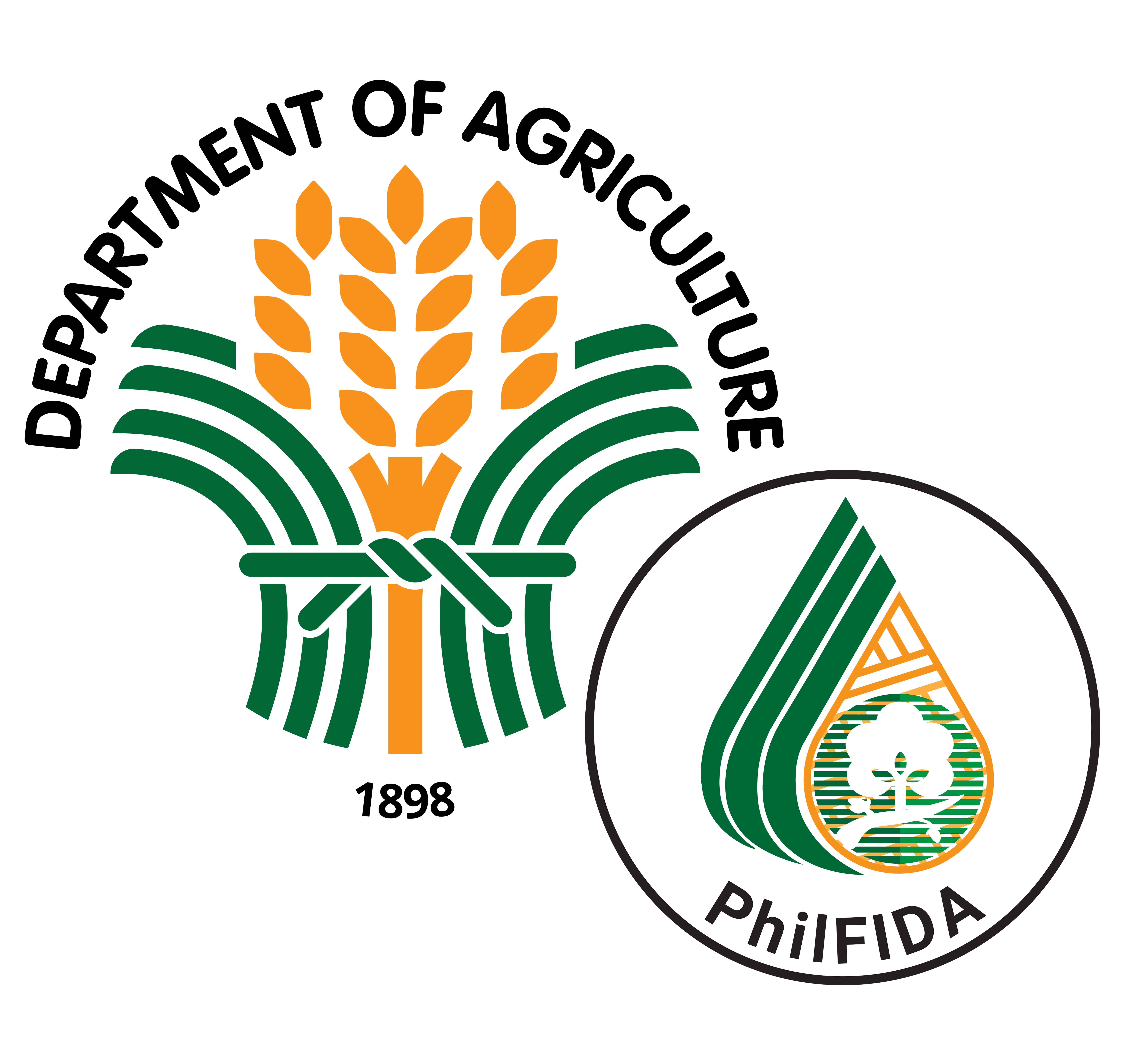PhilFIDA Fiber Inspectors Converge for a National Regulatory Conference
Date Posted October 2017
Fiber Inspectors from the whole of PhilFIDA came together for a National Regulatory Conference held at the central office on 04-05 July 2017. The conference sought to resolve the issues that the regulatory personnel are facing and to agree on the course of action to take regarding the Department of Agriculture (DA) Secretary’s directive to impose appropriate penalties for non-compliance with the Philippine National Standards (PNS) on the Classification and Grading of Abaca Fibers.
Discussed were the crisis troubling the abaca fiber industry which include low supply of fibers and the continuous deterioration of the quality of fibers nationwide. The agency is apprehensive that these could lead to losing the country’s dominance in the global market and international abaca buyers might eventually shift to other sources or use substitute materials.
The culprits causing the crisis have been identified to be the problems of diseases and lack of planting materials, the practice of “all-in” buying by traders and the improper implementation of fiber inspectors on the prescribed quality standard specifically the Philippine National Standards (PNS) on the classification and grading of abaca fibers.
It was agreed that the focus of actions to be taken is on production services activities which target to increase fiber supply and fill up the 25,000 metric tons deficit in the world market by 2020. This will be done by planting 61,000 hectares with 67,000,000 abaca seedlings by the end of December 2018. Abaca seeds will be used to complement the lack of planting materials from Tissue Culture Laboratories (TCLs) and conventional materials. For the regulatory services, a Memorandum of Agreement (MOA) shall be crafted among industry players to commit to cease from doing “all-in” buying and to only buy on a classification basis. It was also agreed that the PhilFIDA will prepare a memorandum circular which will contain sanctions to erring officials and grading-baling establishments (GBEs) on the improper implementation and inconsistent application of regulatory policies on quality standards.
The session also covered practicum exercises on identification, classification and grading of abaca fibers specimen submitted by the Regions. Standards approved in each region shall be harmonized to have a uniform implementation and application. The chief of the Fiber Utilization and Technology Division (FUTD) also talked on the results of the laboratory tests on the fibers from Regions XI and XIII which were suspected to be spurious.
Further, Director Costales provided a detalied discussion about the problems of the industry by enumerating the twelve (12) current woes, issues and concerns of the Philippine Abaca Fiber Industry. These are:
- Alleviating the abaca farmers from poverty;
- The spiraling of abaca prices;
- The dwindling abaca production;
- The continued deterioration of abaca fiber quality due to the “All-in” buying practice and “Pojada” system;
- The projected increase in the abaca demand of 12% over the next 5 years;
- The combating of abaca diseases;
- The “Plant and Forget” attitude of the abaca farmers;
- The rehabilitation of existing abaca plantations,
- The expansion of more abaca plantations;
- The illegal and rampant distribution of Hand-Cleaned Stripping Knives below 17 Serrations per inch;
- The mixture of “spurious fibers”; and
- Emerging and potential threats.


